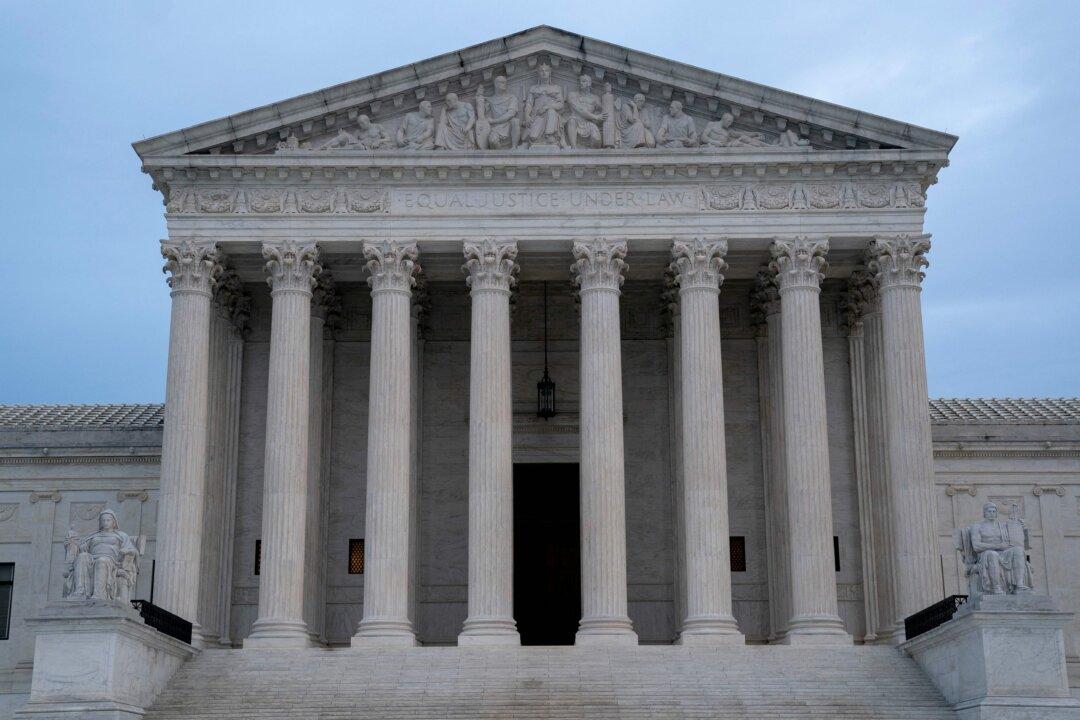The Supreme Court’s marshal on Jan. 20 said she interviewed all nine justices in her investigation into the leak of a draft opinion but opted against making the justices sign sworn affidavits attesting they were not behind the leak.
“During the course of the investigation, I spoke with each of the Justices, several on multiple occasions,” Gail Curley, the marshal, said in a statement.





